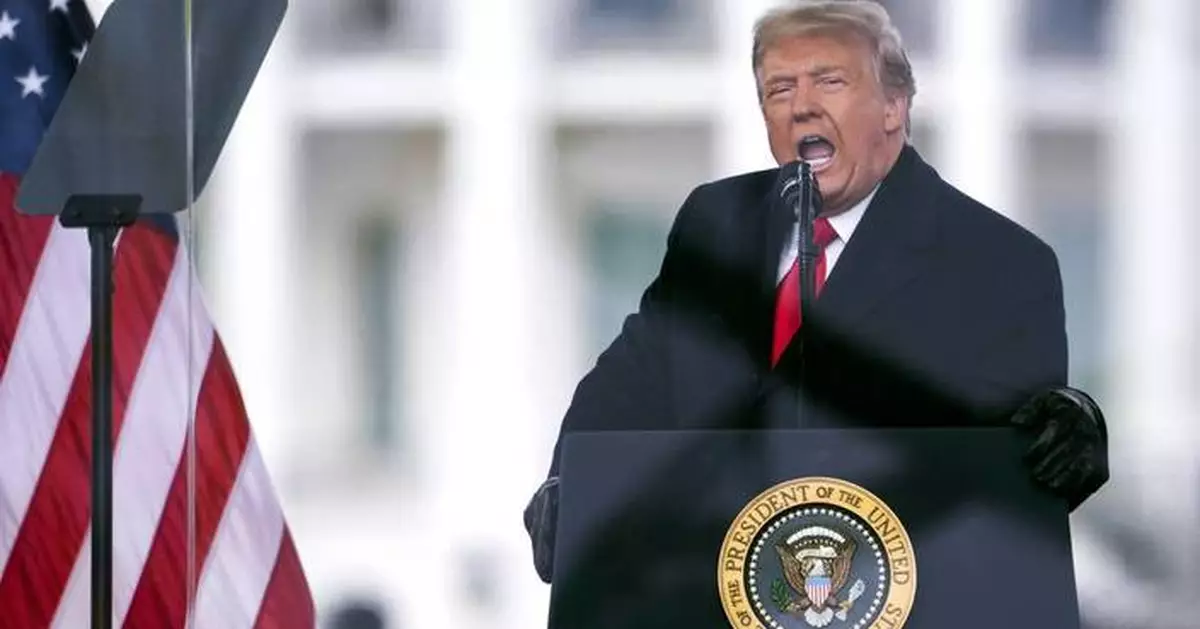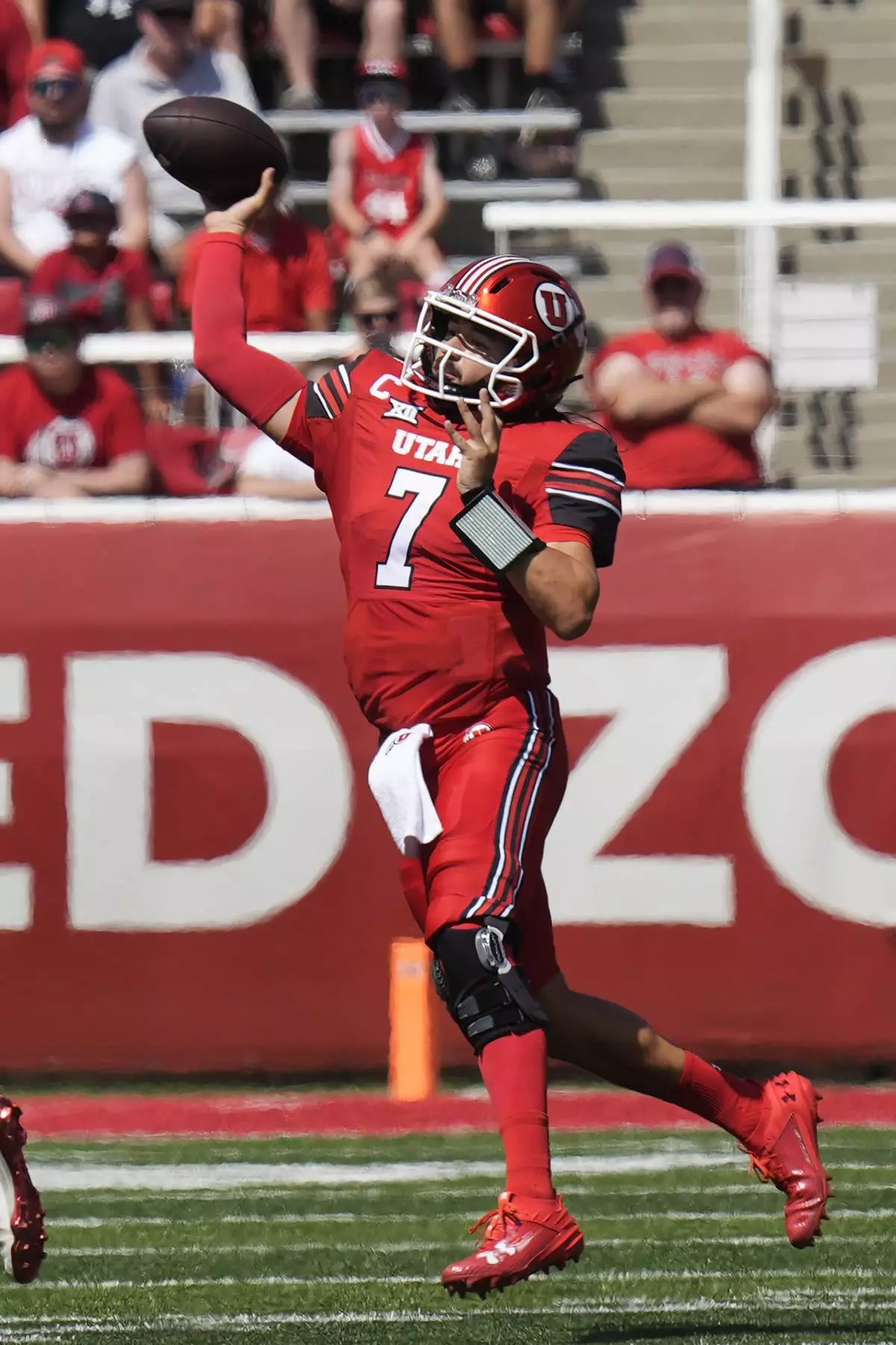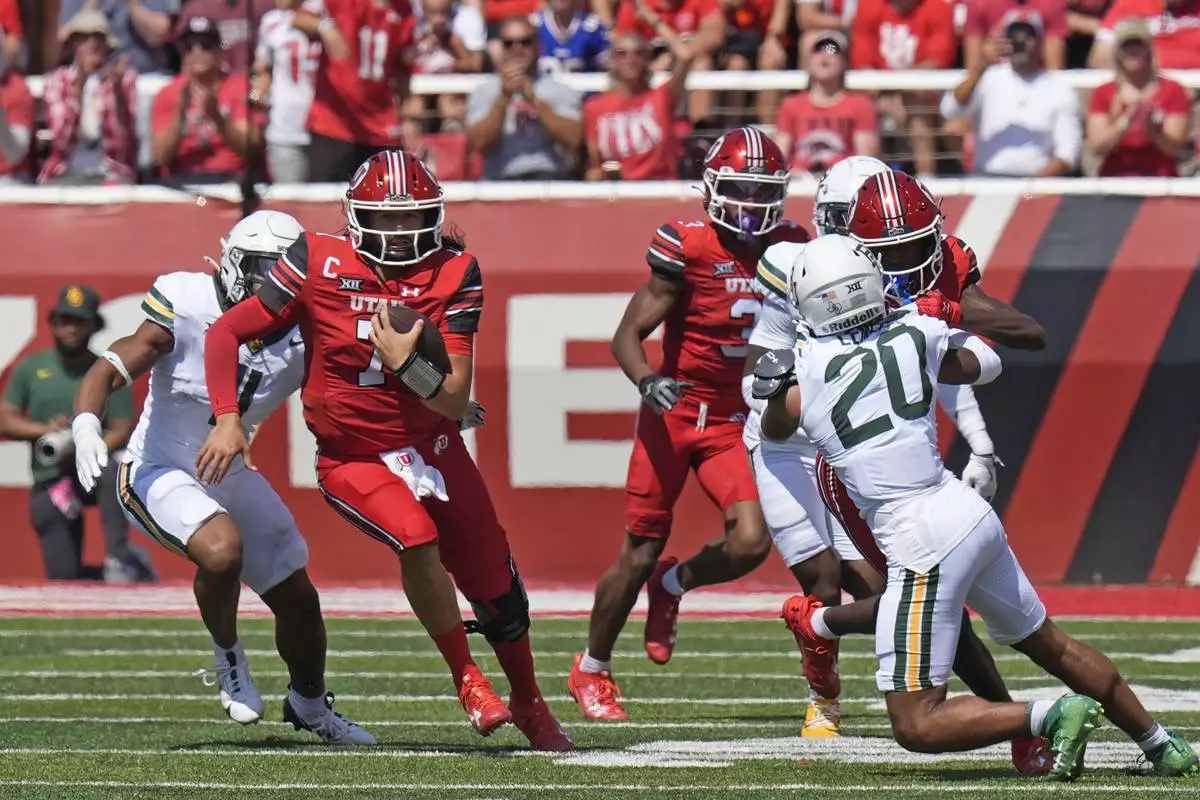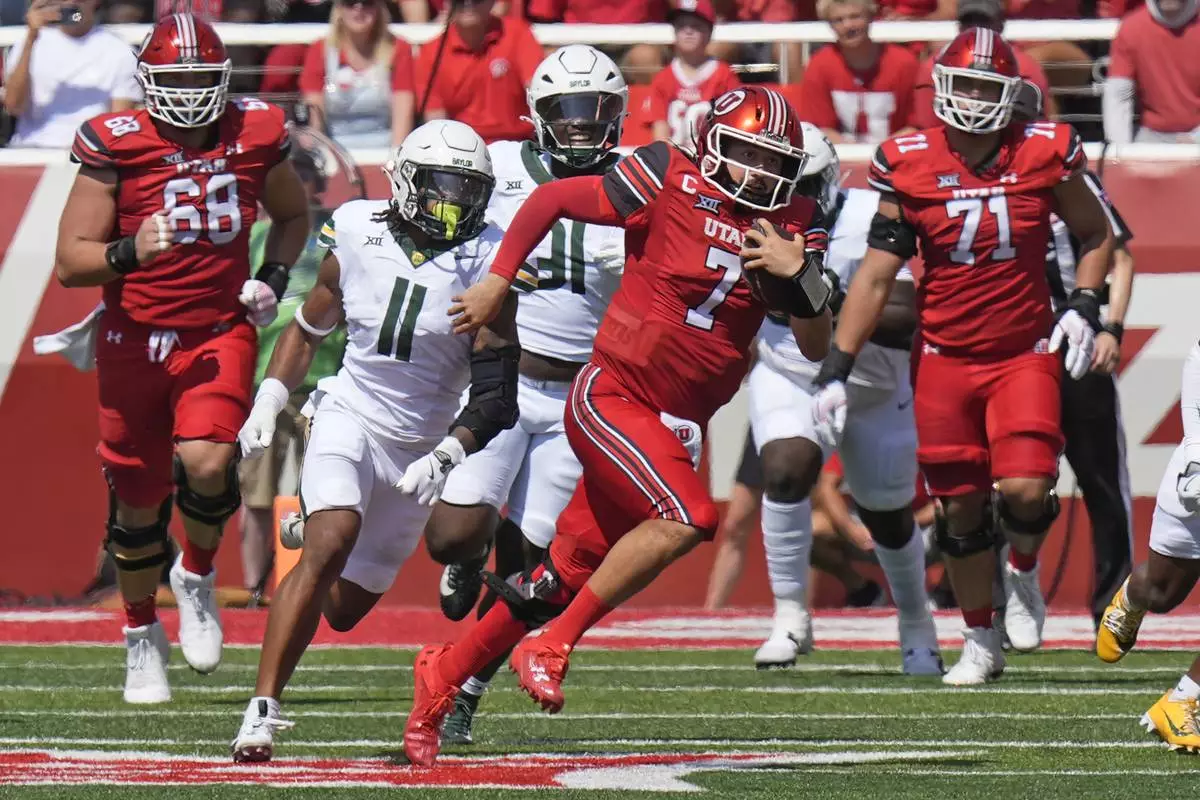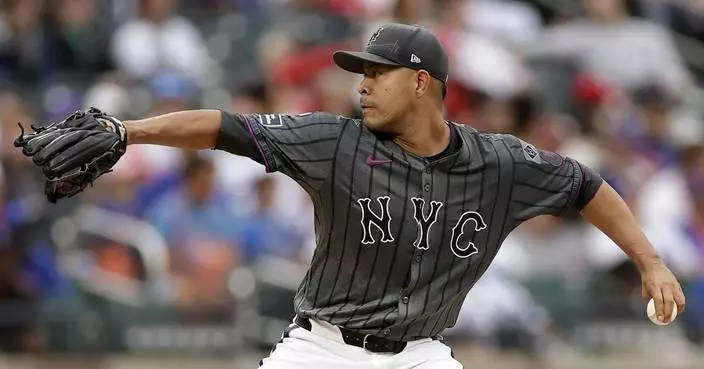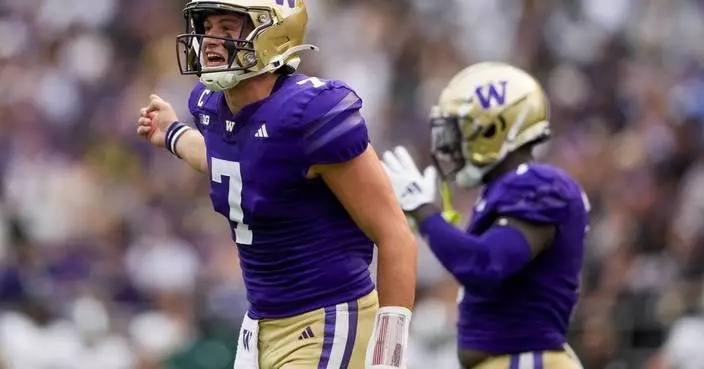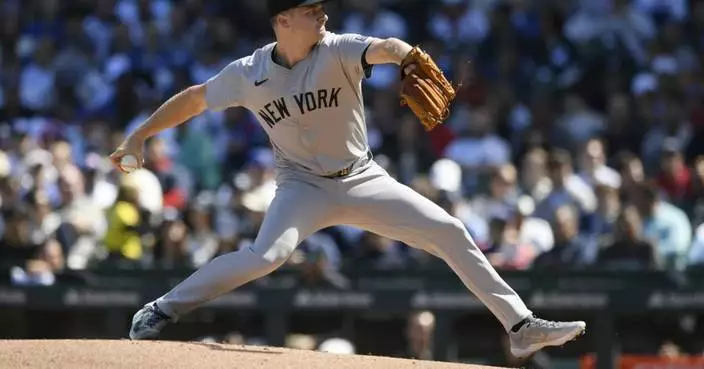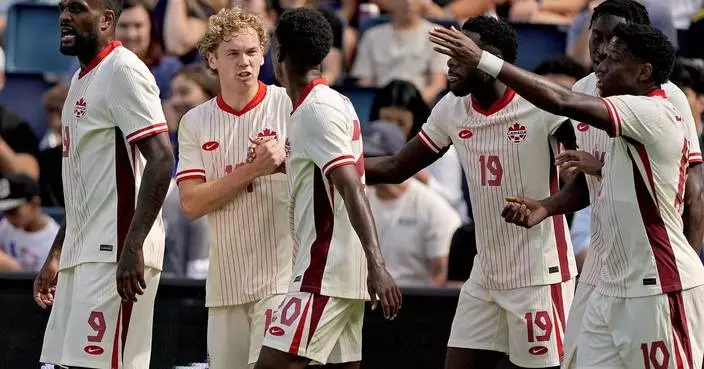WASHINGTON (AP) — The Supreme Court is hearing arguments this week with profound legal and political consequences: whether former President Donald Trump is immune from prosecution in a federal case charging him with plotting to overturn the results of the 2020 election.
In addition to establishing a potentially historic ruling about the scope of presidential power, the court’s decision — whenever it comes — will undoubtedly go a long way in determining a trial date for Trump in one of the four criminal prosecutions that the presumptive Republican presidential nominee faces.
A quick decision in the Justice Department’s favor could conceivably put the case on track for trial this fall. But if the court takes until late June to resolve the question, then the likelihood rises substantially that the November presidential election will happen without a jury ever being asked to decide whether Trump is criminally responsible for efforts to undo an election he lost in the weeks leading up to the violent Jan. 6, 2021, riot at the U.S. Capitol.
A look at what’s ahead:
A straightforward but legally untested question: whether a former president is immune from federal prosecution for official acts.
Trump is the first ex-president to face criminal charges, making his appeal the first time in the country’s history that the Supreme Court has had occasion to weigh in on this issue.
Though Justice Department policy prohibits the indictment of a sitting president, there’s no bar against charging a former one. Special counsel Jack Smith’s team says the Founding Fathers never intended for presidents to be above the law and that, in any event, the acts Trump is charged with — including participating in a scheme to enlist fake electors in battleground states won by President Joe Biden — aren’t in any way part of a president’s official duties.
Trump’s lawyers, by contrast, say former presidents are entitled to absolute immunity. They warn of a potential floodgate of prosecutions against former presidents if they’re not entitled to immunity and say the office cannot function if the commander-in-chief has to be worried about criminal charges. And they cite a previous Supreme Court ruling that presidents are immune from civil liability for official acts, saying the same analysis should apply in a criminal context.
The Supreme Court will actually be the third set of judges to address the question in the last six months.
Trump’s lawyers last October asked U.S. District Judge Tanya Chutkan, the trial judge overseeing the case, to dismiss the indictment on presidential immunity grounds.
The judge squarely rejected Trump’s claims of absolute immunity, saying in December that the office of the presidency does not confer a “lifelong ‘get-out-of-jail-free’ pass.”
An appeals court in February held the same, with a three-judge panel saying that for the purposes of this case, “former President Trump has become citizen Trump, with all of the defenses of any other criminal defendant.”
Trump appealed to the high court, which after several weeks, announced that it would consider “whether and if so to what extent does a former President enjoy presidential immunity from criminal prosecution for conduct alleged to involve official acts during his tenure in office.”
The justices have multiple paths to decide the case. They’ll probably meet in private a short time after arguments to take a preliminary vote on the outcome. Chief Justice John Roberts would be a prime candidate to take on the opinion for the court, assuming he is in the majority.
They could simply reject Trump’s immunity claim outright, permitting the prosecution to move forward and returning the case to Chutkan to set a trial date.
They could also reverse the lower courts by declaring for the first time that former presidents may not be prosecuted for conduct related to official acts during their time in office. Such a decision would stop the prosecution in its tracks.
There are other options, too, including ruling that former presidents do retain some immunity for their official actions but that, wherever that line is drawn, Trump’s actions fall way beyond it.
Yet another possibility is that the court sends the case back to Chutkan with an assignment to decide whether the actions Trump is alleged to have taken to stay in power constitute official acts.
A court ruling in Trump's favor should have no bearing on the hush-money trial now underway in New York in part because that state-level case involves actions Trump took before he became president. And though Trump's lawyers have made the same immunity argument in a federal case in Florida charging him with hoarding classified documents, that case accuses Trump of illegally retaining the records and obstructing efforts to get them back after he left office — rather than during his presidency.
How quickly the court moves after arguments could depend on how much agreement there is among the justices. Unanimous opinions almost always take less time to write than those that sharply divide the court.
If the justices rule against Trump and in favor of the government, the case would be returned to Chutkan, who would then be empowered to restart the clock on trial preparations and set a trial date.
Any trial would still be several months away, in part because of Chutkan’s decision last December to effectively freeze the case pending the outcome of Trump’s appeal. She’s also committed to giving prosecutors and defense lawyers time to get ready for trial if the case returns to her court.
That means that outstanding legal disputes that have been unresolved for months will again take center stage, not to mention new arguments and court fights that have yet to even surface but will also take up time on the calendar.
The trial is likely to take months, meaning it would likely threaten to run up against the election if it doesn’t begin by August. Smith’s team has said the government’s case should take no longer than four to six weeks, but that doesn’t include any defense Trump could put on. And jury selection alone could take weeks.
The timing of the trial — and whether Trump will be forced to sit in a Washington courtroom in the weeks leading up to the election — carries enormous political ramifications.
If Trump secures the GOP nomination and defeats Biden in November, he could potentially try to order a new attorney general to dismiss the federal cases against him or he could even seek a pardon for himself — though that is a legally untested proposition.
Smith’s team didn’t mention the election in its filing urging the Supreme Court to reject Trump’s effort to further delay the case. But prosecutors noted that the case has “unique national importance,” adding that “delay in the resolution of these charges threatens to frustrate the public interest in a speedy and fair verdict.”
Trump, meanwhile, has accused Smith of trying to rush the case to trial for political reasons. Trump’s lawyers told the Supreme Court in their filing that holding the trial “at the height of election season will radically disrupt President Trump’s ability to campaign against President Biden — which appears to be the whole point of the Special Counsel’s persistent demands for expedition.”
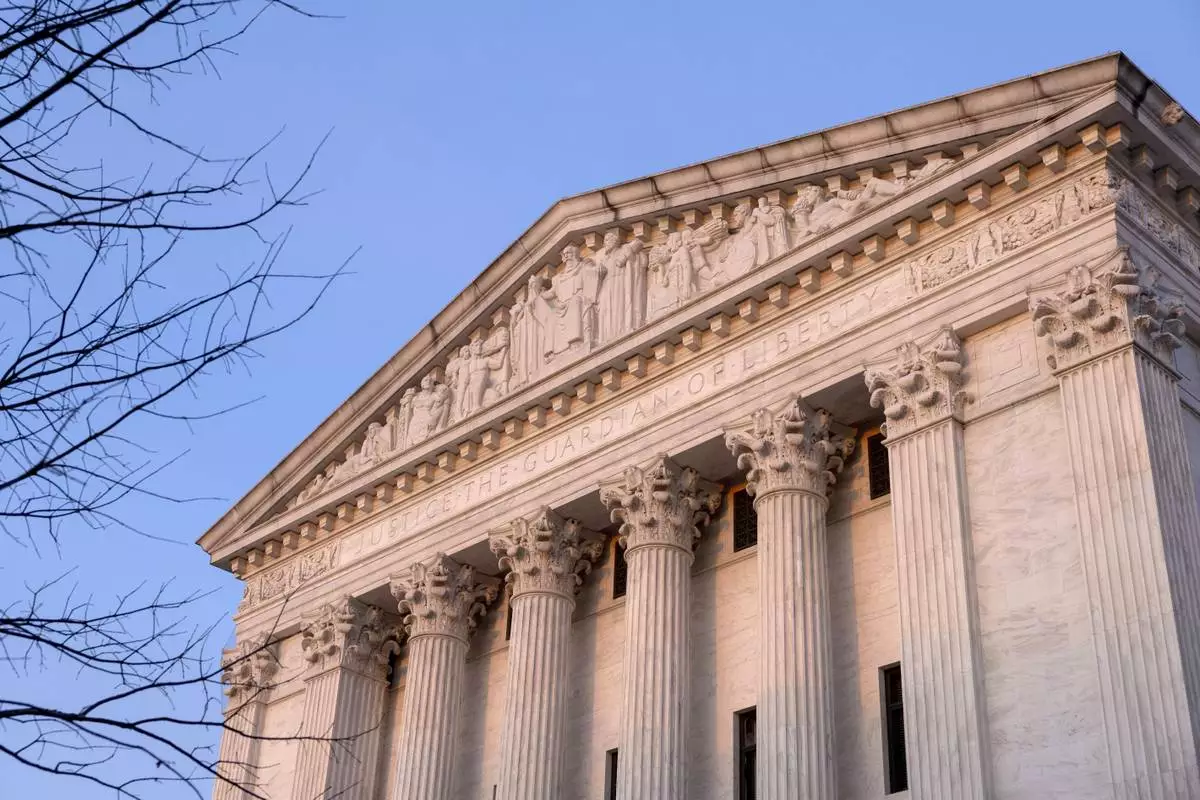
FILE - The Supreme Court of the United States is seen in Washington, March 26, 2024. The Supreme Court is hearing arguments this week with profound legal and political consequences: whether former President Donald Trump is immune from prosecution in a federal case charging him with plotting to overturn the results of the 2020 election. (AP Photo/Amanda Andrade-Rhoades, File)
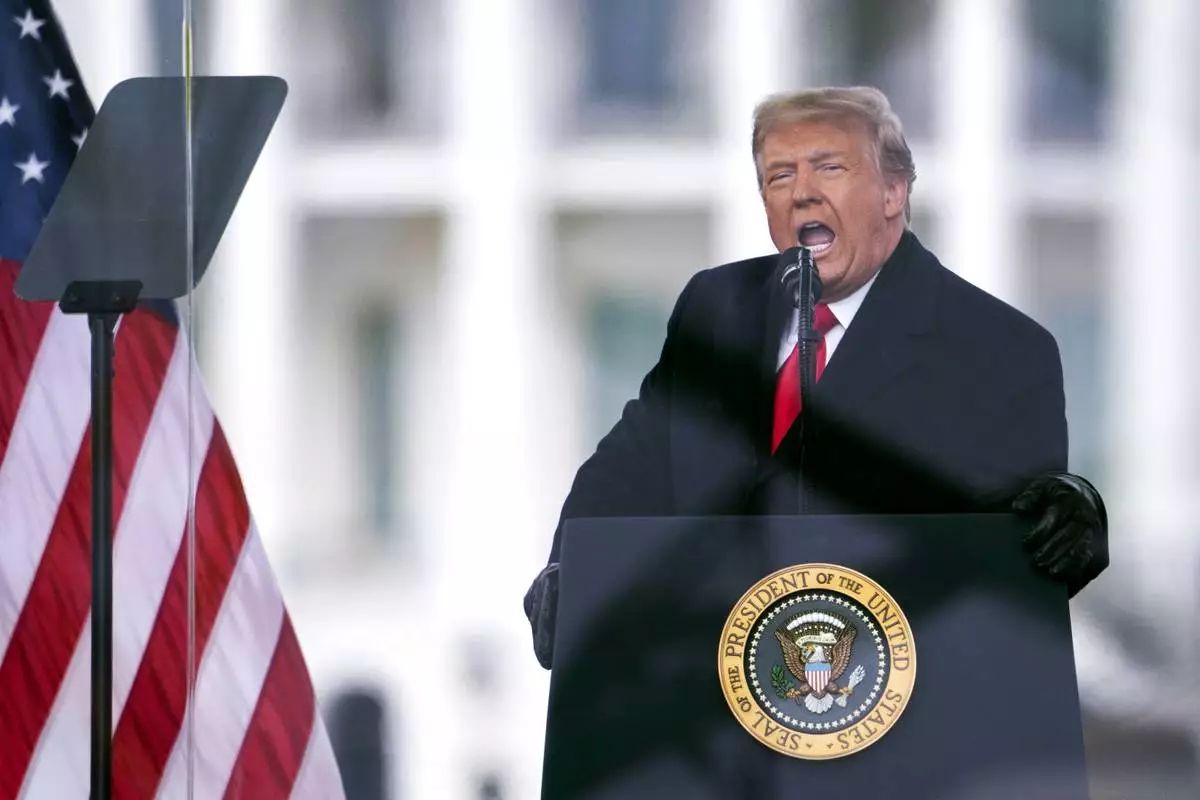
FILE - President Donald Trump speaks during a rally in Washington on Jan. 6, 2021. The Supreme Court is hearing arguments this week with profound legal and political consequences: whether former President Donald Trump is immune from prosecution in a federal case charging him with plotting to overturn the results of the 2020 election. (AP Photo/Evan Vucci, File)


